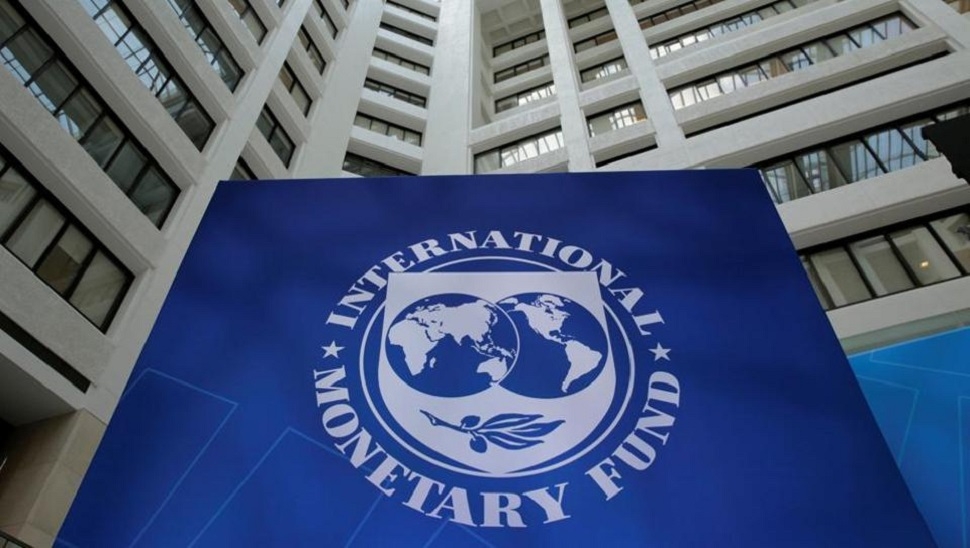on the brink
| Date :18-Apr-2019 |

THE fact that Pakistan is seeking a USD 6-8 billion bailout package from the International Monetary Fund (IMF), shows how much on the brink of an economic precipice it is perched and how difficult it may find to emerge from that precarious condition. Those who understand the details of Pakistan’s failed economic and political management over the past seven decades, do not feel surprised at all. In fact, Pakistan should have reached such a point of no return much earlier. That did not happen only because Pakistan kept getting a lot of aid from some countries on a near-continuous basis for decades.
The interest of global superpowers in Pakistan in whatever shape and size has kept that country economically alive. Barring that, it was destined to arrive at the moment of having to seek a bailout package from some source, in this case the IMF sooner than later. That point now has arrived. From now on, Pakistan will be on a precarious perch from where returning to normalcy could be a very difficult -- nearly impossible -- task. But then, as the whole world knows, this condition is of Islamabad’s own making. Pakistan has been working ‘hard’ for such a situation to crop up, in the sense it has always mishandled its political and economic acts and allowed absolutely selfish interests to toy with the country’s integrity and security. On the surface, with huge investments in military matters, Pakistan may appear fairly secure.
Yet, in actual terms, military security (howsoever tenuous it may be) by itself cannot be good without the support of security in other areas such as food, energy, health, and education. Those who understood how badly managed Pakistan’s economic and political sectors were, could foresee an economic and governance collapse in not too distant a future. The proposed IMF bailout deal indicates that Islamabad has arrived at a dirty point in its journey. At the time of its formation, Pakistan was endowed with reasonable resources, though the quantum might not have been good enough for a new State to launch itself in surplus. Whatever the limitations of resources, Pakistan was almost evenly poised to take a leap into future, with a wise leadership and apolitical governance.
However, that did not happen, and Pakistan started walking down a path of self-destruction almost from Day One. It was bogged down by internal attrition of the worst order, that included political assassinations and over-militarisation of the political process, something that claimed resources well beyond the country’s capacity to endure. And that was the beginning of the economic hardships of the newly formed State. Since those early times following its formation, Pakistan started straining its exchequer unreasonably, and looking to other countries for aid in forms of doles as well as loans. Doles brought with them certain political price which it had to pay, and loans brought terrible burdens of interest which it could not afford to pay. The current bailout package with the IMF is an outcome of long-drawn periods of economic slumps which the Pakistani leadership did not know how to get past. Now also, for its economic woes and political mess, USD 6-8 billion may not cover even its breakfast, let alone lunch and dinner and other essentials.
Yet, the deal is quite likely to bring a little sense of relief from the immediate disaster. If the Pakistani leadership learns the right lesson and utilises this small lease of life wisely, the country may emerge from the current mess. But then, given Islamabad’s penchant for messy politics and chaotic ideological binds, to expect Pakistan to conduct itself with an utmost sense of responsibility and restraint is actually asking for too much. However, at least for sometime, Islamabad may demonstrate a little pep in its step, before it slips once again into its cantankerous method and manner of running itself.